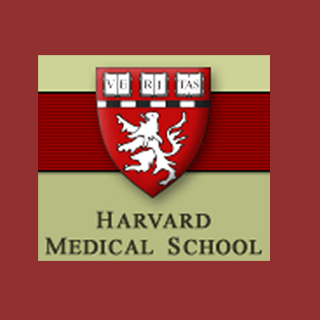
The study authors are of the opinion that caffeine is essentially not the chief factor in this link. The experts are uncertain as to which constituents of the beverage are the most vital; as coffee apparently comprise of several biologically active compounds such as antioxidants and minerals.
Kathryn M. Wilson, Ph.D., a postdoctoral fellow at the Channing Laboratory, Harvard Medical School and the Harvard School of Public Health, commented, “Coffee has effects on insulin and glucose metabolism as well as sex hormone levels, all of which play a role in prostate cancer. It was plausible that there may be an association between coffee and prostate cancer.â€
In an upcoming examination, Wilson and colleagues apparently discovered that men who consumed coffee the most appeared to have a 60 percent reduced risk of advanced prostate cancer as compared to men who did not drink any coffee. This is claimed to be the first study of its kind to observe the overall danger of developing prostate cancer as well as danger of localized, advanced and fatal disease.
Wilson mentioned, “Few studies have looked prospectively at this association, and none have looked at coffee and specific prostate cancer outcomes. We specifically looked at different types of prostate cancer, such as advanced vs. localized cancers or high-grade vs. low-grade cancers.â€
By means of the Health Professionals’ Follow-Up Study, the study authors apparently recorded the usual and decaffeinated coffee consumption of almost 50,000 men every four years from 1986 to 2006. It was observed that about 4,975 of these men contracted prostate cancer during that time. They also investigated the cross-sectional link between coffee drinking and intensities of flowing hormones in blood samples apparently gathered from a division of men in the cohort.
Wilson remarked, “Very few lifestyle factors have been consistently associated with prostate cancer risk, especially with risk of aggressive disease, so it would be very exciting if this association is confirmed in other studies. Our results do suggest there is no reason to stop drinking coffee out of any concern about prostate cancer.â€
This connection might also aid in comprehending the biology of prostate cancer and likely chemo prevention measures.
This data was presented at the American Association for Cancer Research Frontiers in Cancer Prevention Research Conference.
